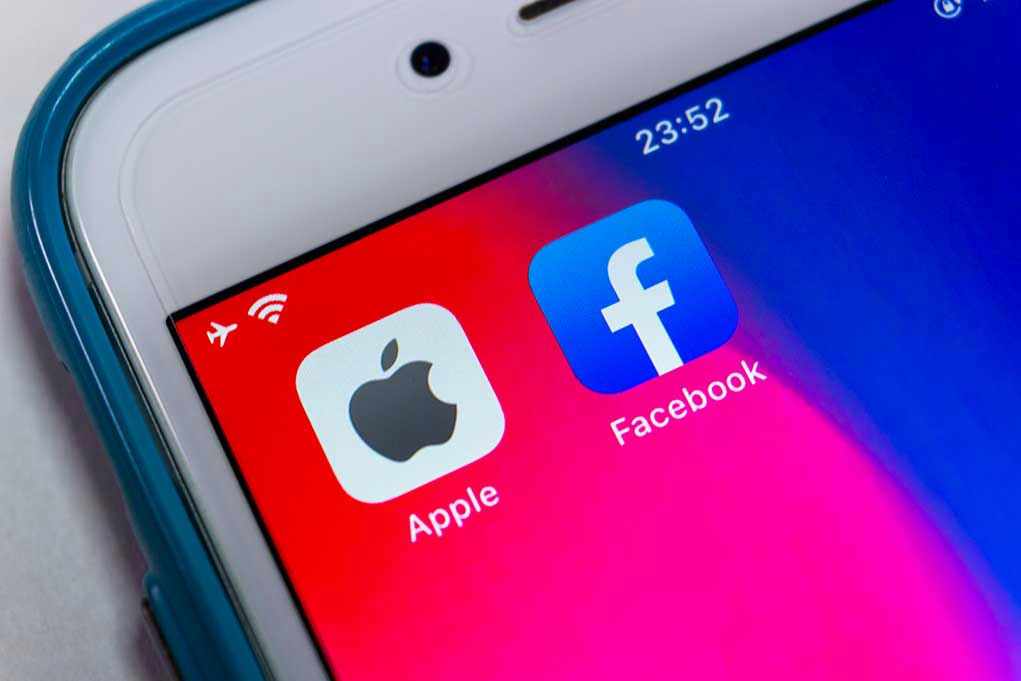
While Americans were distracted by the latest political theater, Apple quietly pushed out yet another security update that highlights how our personal data remains under constant threat from forces we can’t even see.
At a Glance
- Apple released iOS 18.6 and other system updates with critical security patches
- The update addresses unspecified vulnerabilities that could compromise user privacy
- Big Tech companies routinely delay disclosure of security issues until patches are ready
- Conservative users face heightened risks as their political views make them targets for surveillance
- The timing coincides with increased government pressure on tech companies for data access
Another Day, Another Security Crisis
Apple’s latest iOS 18.6 update landed with the typical corporate-speak about “important bug fixes and security updates,” but what they’re not telling you is far more concerning. The company follows the same playbook as Microsoft and other Big Tech giants: keep quiet about vulnerabilities until they have a patch ready, leaving millions of Americans exposed to potential attacks while the suits in Cupertino figure out damage control.
This coordinated vulnerability disclosure policy sounds reasonable on paper, but it’s really about protecting corporate reputations, not your constitutional right to privacy. When companies like Microsoft face criticism from government agencies for their opacity, you know the problem runs deeper than just technical glitches. These aren’t innocent coding errors – they’re systematic failures that put American citizens at risk while executives cash their paychecks.
The Real Cost of Corporate Secrecy
The pattern is always the same: discover the breach, minimize the damage in internal meetings, craft carefully worded press releases, then push out updates with vague descriptions that tell users absolutely nothing. Apple’s “important bug fixes” could mean anything from minor glitches to massive security holes that foreign adversaries have been exploiting for months. We’re supposed to just trust them, update our devices, and move on like good little consumers.
Meanwhile, conservative Americans face particular risks in this environment. Our political views, our support for constitutional principles, our criticism of government overreach – all of this makes us prime targets for surveillance and harassment. When Big Tech companies sit on security vulnerabilities for weeks or months before disclosure, they’re giving bad actors extended windows to harvest data from the very people this administration’s deep state allies would love to silence.
Government Pressure and Constitutional Concerns
The timing of these security issues raises serious questions about government pressure on tech companies. Microsoft’s recent adoption of new disclosure frameworks came only after intense criticism from federal agencies. That’s not coincidence – that’s coordination. When the same government agencies that spent years weaponizing social media against conservatives suddenly demand “transparency” from tech companies, every American should be asking what they’re really after.
The fact that companies can be legally prohibited from disclosing certain security incidents under FISA orders and national security letters should terrify anyone who still believes in the Fourth Amendment. Your iPhone could be compromised by a vulnerability that Apple discovered months ago, but they can’t tell you because some three-letter agency decided your privacy doesn’t matter as much as their surveillance operations.
Taking Control of Your Digital Security
Here’s what every freedom-loving American needs to understand: you cannot rely on Big Tech to protect your privacy or your constitutional rights. These companies will always prioritize their government relationships and corporate profits over your security. Update your devices immediately when patches become available, but don’t fool yourself into thinking that’s enough protection. Stay vigilant about what and whom you allow into your phone.
Sources:
iOS 18.6—Update Now Warning Issued To All iPhone Users












